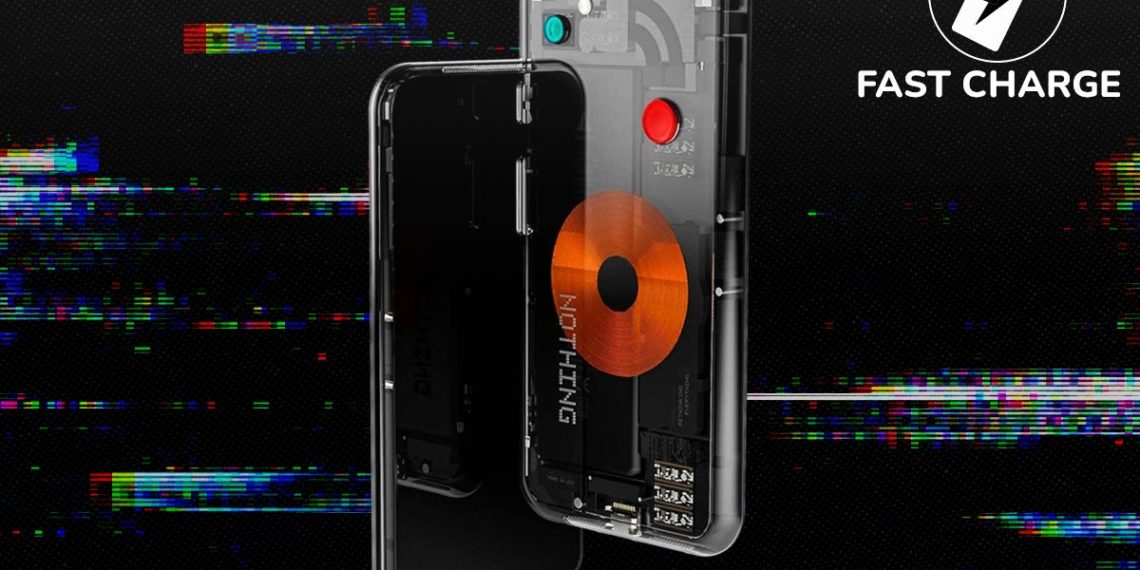The startup company Nothing has just announced its intention to enter the crowded smartphone market, with a fresh take on a familiar concept. But are all such attempts doomed to fail?
Just this week, startup company Nothing announced its intention to launch its first-ever smartphone this summer, descriptively named the Nothing (1). Decrying the state of the modern smartphone market, the brand’s founder Carl Pei seemed to argue that a disruptive startup company could be the way to get things back on track. So has he got a point, or he is on a fruitless quest?
Well firstly I’d say that in my opinion at least, there’s nothing too wrong with the smartphone market in the first place that desperately needs fixing. Despite the dystopian picture that Pei painted in his keynote speech, there’s still innovation to be seen (especially when it comes to foldable phones), there’s a vast range of products to choose from across the price spectrum, and there’s still fierce competition between manufacturers pushing each other for products that are better quality and better value. Even when it comes to software, we’ve finally seen Android manufacturers such as Samsung and Xiaomi pulling up their socks to give customers the support they should be entitled to. Therefore, let me agree to disagree with Mr Pei on these particular pronouncements.
It also has to be said that we’ve not yet seen startups burst onto the scene with a fully-formed product that can challenge the big players. That doesn’t mean that it couldn’t happen, but there’s simply no precedent for it.
In fact, most successful tech startups have a laser focus on their particular solution to an identified problem, for which their flexibility and dedication can yield the results that large and cumbersome companies may find more difficult to deal with; that’s certainly not the case with Nothing at this juncture, with the brand going from releasing a good but not particularly innovative pair of wireless earbuds, to now promising to shake up the entire smartphone market with a completely unknown device that has only a bland user interface to its name. The brand is hugely ambitious and is promising a lot, but has yet to deliver even a hint of the gamechanger that it seems to be betting the farm on.
You might argue that Carl Pei has already made a success of OnePlus, and that this shows he could very well do it all again. It’s undeniably true that his achievements in bringing that company to renown deserve heaps of praise. But it’s still not directly comparable to the challenge he’s embarked upon with Nothing.
While OnePlus was touted as being like a startup when it first emerged, its links with the major manufacturer Oppo were ambiguous to say the least, with it never being exactly clear as to where one company ended and the other began. Besides, while OnePlus did release some attractively-priced and high-performing products at its inception that made it a cult success, it now behaves in very much the same way as other key players in the market, with high-priced flagships and a series of mid-range phones to satisfy those on lower budgets. These are, presumably, the kinds of products that Mr Pei now holds in disdain, given his acerbic keynote comments.
All startups have the odds stacked against them from the beginning, and that’s what can make their success all the more rewarding and richly deserved. Any new company will have its work cut out trying to find breathing space between the likes of Samsung and Apple, let alone one that needs to attract funding injections to stay afloat. It’s impossible to say what will become of the Nothing phone (1) upon its release, but the question marks that hold me back from believing it will be an overnight success include the lack of a historical precedent for such an eventuality; the smartphone market’s fine health and fierce competition; and the seemingly diffuse aims of this new company. All that said, I wish them the best; should they succeed, so will we all as consumers.
Credit: Source link




















